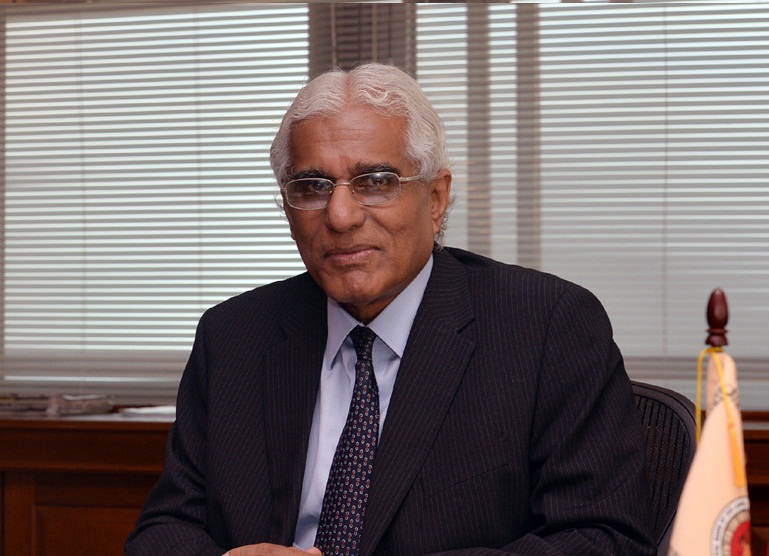October, 18, 2017

Reuters - Sri Lanka has a "clear plan" to manage its debt, with proceeds of any divestment and privatization to be used to repay loans the island nation has borrowed, central bank chief Indrajit Coomaraswamy told Reuters this week.
Sri Lanka is facing a debt crisis with the repayment cycle of expensive infrastructure foreign loans starting next year.
The $81 billion economy has to repay over $5 billion in the next 12 months while the country has just over $7 billion in foreign exchange reserves, official central bank data showed.
"We don't see it as a (sovereign default) risk," Coomaraswamy told Reuters in an interview in New York on the sidelines of an investor forum on Monday. He said the government has "committed itself" to using divestment proceeds "for liability management."
"We are an outlier on our debt metrics, but we've never missed a single debt repayment commitment, and we certainly don't intend to do that," he said. "We feel we have a clear plan to manage the situation."
Moody's Investors Service on Tuesday said Sri Lanka's significant borrowing requirements and heavy reliance on external and foreign-currency funding expose the sovereign to material liquidity and external financing risk, which weighs on Sri Lanka's credit profile.
The total external debt was about $47 billion, or 57 percent of gross domestic product as of 2016, of which approximately 68 percent was public sector debt, Moody's said.
External debt rose to 79.3 percent of GDP last year from 71.3 percent in 2014. However, the government has planned to cut it to 70 percent by 2020.
The government has blamed "colossal borrowing" by the previous government for the spike in debt servicing.
"Fortunately, next year we don't have an international sovereign bond maturity, but from 2019 onwards we have consecutive years of maturity," Coomaraswamy said. He said the government will use next year to raise money and refinance debt.
Sri Lanka has already planned to reschedule some loans to ease its heavy debt repayment burden over the next two years through a new Liability Management bill.
"Once that comes in we'll have the flexibility to raise some extra money for liability management," Coomaraswamy said.
Video Story